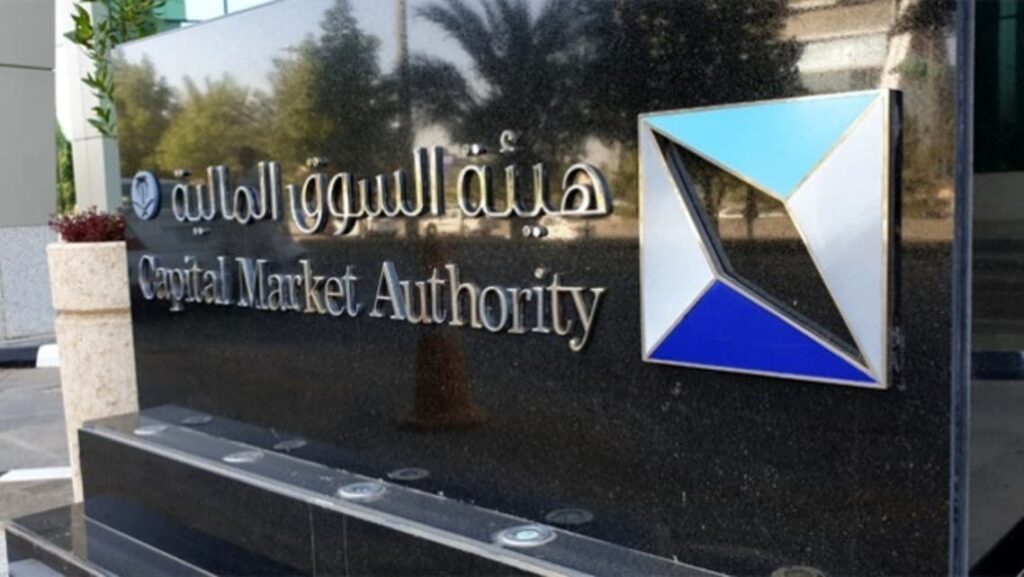Saudi Capital Market Authority (CMA) has approved regulations to simplify the process for qualified foreign investors (QFIs) to invest in the Saudi capital market. In addition to amending investment account instructions and implementing new regulations for listed joint stock companies, the CMA also updated the glossary of defined terms used in its rules and regulations.
The aim of these changes is to streamline the provisions governing foreign investment in securities and create a single regulatory document to facilitate foreign investors’ access to these regulations.
The approval of these rules is anticipated to have a favorable impact on the Saudi market by increasing liquidity, boosting its attractiveness, and elevating its global standing.
In 2018, the CMA last updated its rules, resulting in a 179 percent increase in the number of QFIs between 2018 and 2022. As of the end of 2022, foreign investors’ ownership ratio of the free float total market value increased from 3.77 percent in 2018 to 14.21 percent.
The amendments aim to simplify the entry process for QFIs to the Saudi capital market by reducing the differences between QFIs and other types of investors. They include modifications to QFIs’ requirements and disclosure requirements.
The rules also specify the criteria that QFIs must satisfy to invest in shares listed on the primary market. Unlike before, QFIs are no longer required to apply for a qualification and assessment agreement. Instead, the new regulations mandate that QFIs only need to open an investment account in compliance with the Investment Accounts Instructions.
Under the new rules, non-resident foreign investors can invest in listed securities through Swap Agreements, without having to inform the CMA in advance, and without any restrictions on the duration of such agreements.
Furthermore, all foreign natural and legal entities are now permitted to invest in securities listed on the primary market through discretionary portfolio management provided by capital market institutions.
These developments align with the Kingdom’s Vision 2030, which seeks to position the country as an attractive investment destination. The Kingdom has implemented structural reforms aimed at boosting economic growth, maintaining financial stability and sustainability, and attracting foreign investment.


